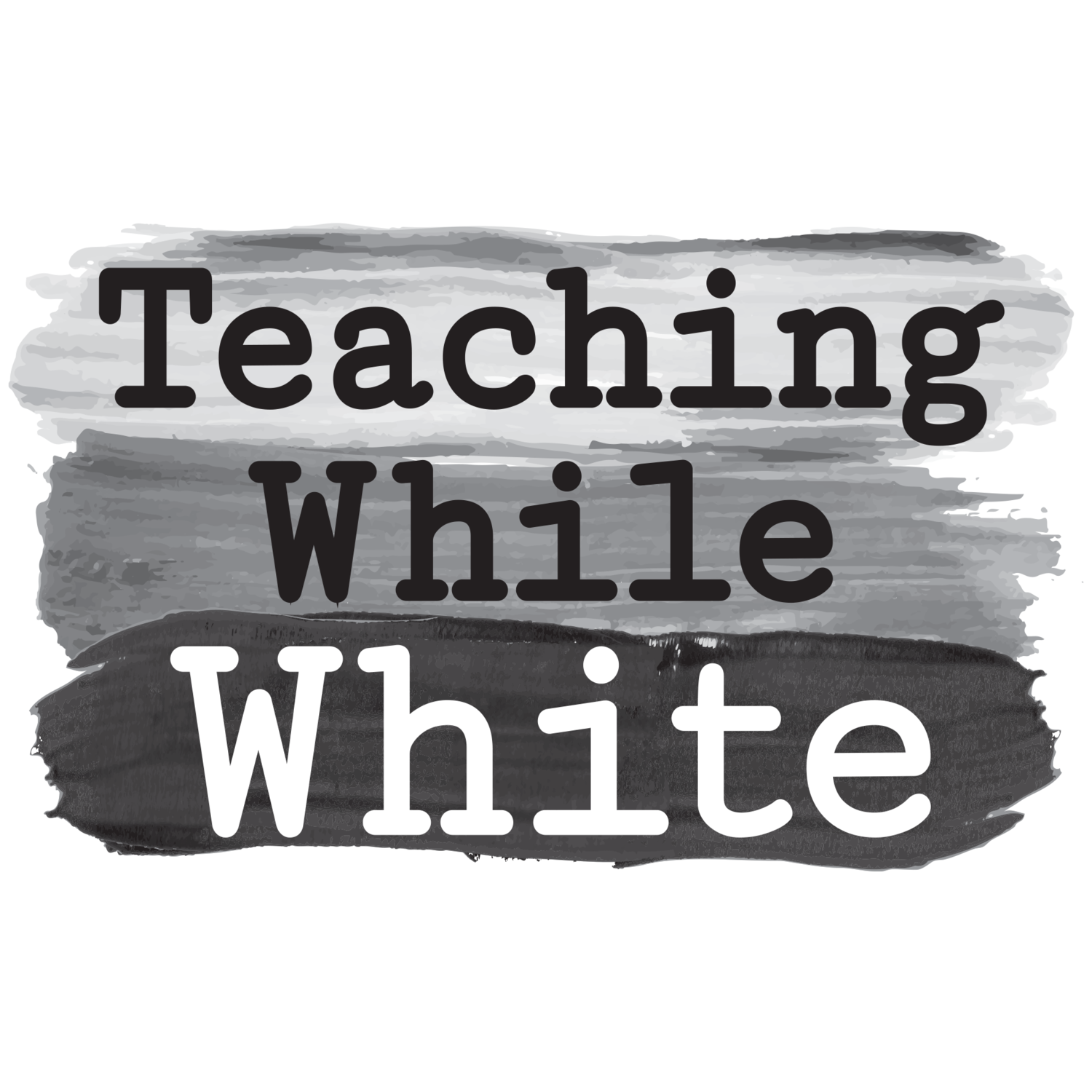Native American Heritage Month Reflections and Resources
Last week, I was working with students from my instructional leadership class and we were talking about the importance of November being Native American Heritage Month. While we agreed that schools should pay attention to Native American history and culture year-round, we felt that the November focus has value. Schools everywhere are still in desperate need of antibias resources, current information, and teachers who can ensure that our Native representations are accurate, address present topics, and explore the diversity of American Indians and nations across our country.
In light of this need, I asked my students to review the Native American resources we’ve posted on Teaching While White, and then discuss the implications for instruction. Here are three takeaways, among the many, that stood out to me:
“There is so much of my OWN misinformation that I need to unlearn and interrogate so I don’t perpetuate myths and stereotypes with my students.”
“I just realized that everything I currently teach about Native Americans is all in the past.”
“We need to include what is happening in our local community. I’m going to schedule some time to meet with our local tribal community and see how we might partner with them on an initiative.”
These sentiments, and others, echoed those shared by Claudia Fox Tree — educator, social-justice advocate, and member of the Arawak Nation — when we interviewed her for our podcast, “Recovering the Voice of Native Americans in the Classroom.” They are also available on Fox Tree’s website, where she offers excellent resources on a variety of topics that can help teachers enhance their pedagogical approaches and curriculum.
At Teaching While White, we continue to be so grateful for Claudia Fox Tree, her work and scholarship. And we encourage educators to focus their attention this month on improving their knowledge of Native American history and vibrant culture, as well as its intersection with all other subject matter. We encourage educators to engage in reading, listening, and reflecting, then to examine, revise, and strengthen their antiracist commitment as we collectively affirm Native American voices and experiences in all of our classrooms.
